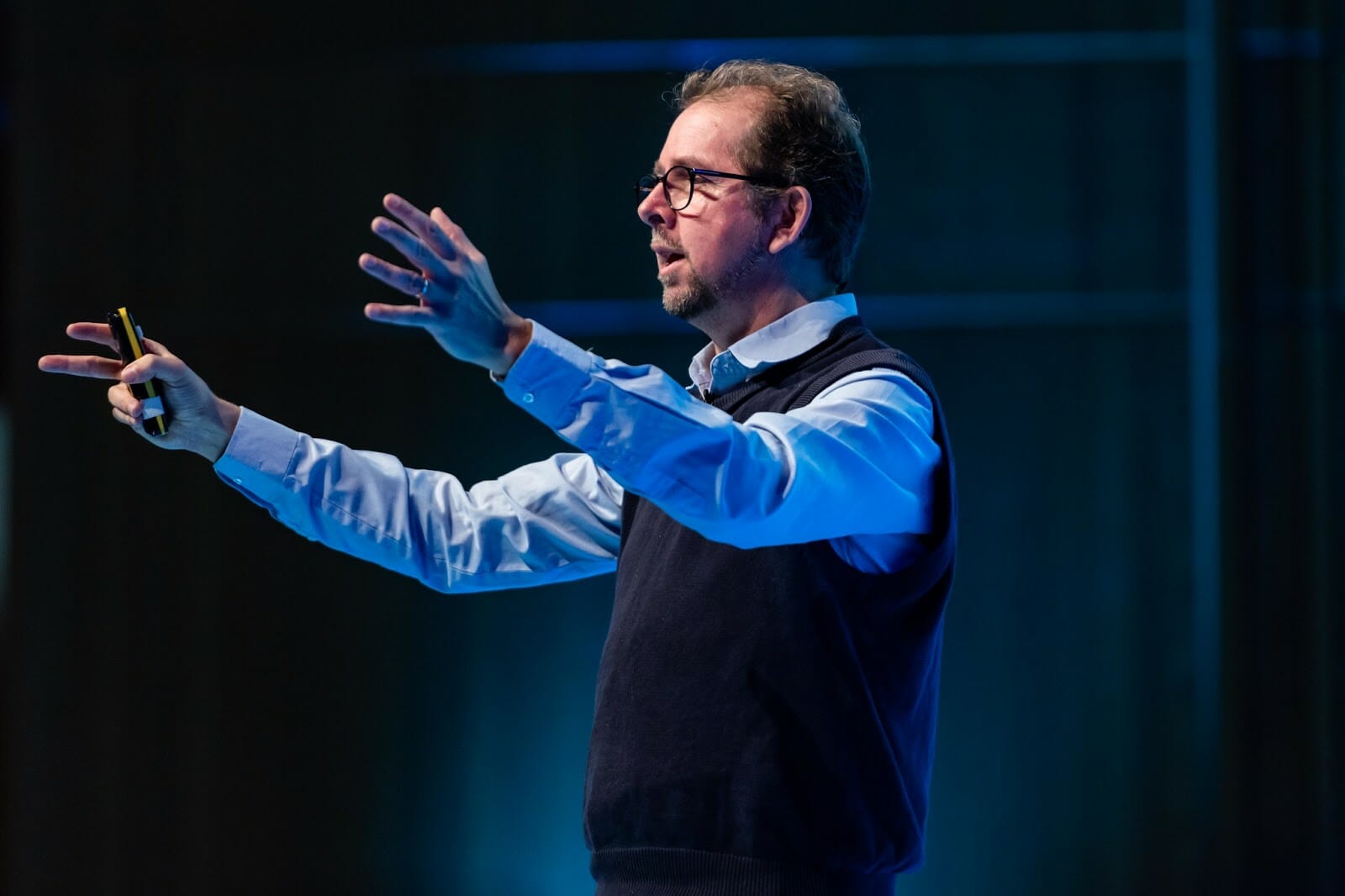US-based giant DoorDash has agreed to acquire Deliveroo for £2.9 billion ($3.9 billion) in a move that could reshape the global food delivery and restaurant tech landscape.
The deal, which offers a 44% premium to Deliveroo’s early April share price, will see DoorDash absorb the British platform and its operations across nine countries.
Founded in 2013 by Will Shu, Deliveroo rose quickly to become a major player in Europe, operating in competitive markets with a logistics model similar to DoorDash.
While Deliveroo reported its first annual pre-tax profit of £12 million in 2024, it has struggled with profitability pressures and investor skepticism for a long time after its disappointing IPO in 2021.
DoorDash, meanwhile, has pursued a strategy of aggressive expansion and product integration. Its acquisition of Finnish delivery company Wolt in 2022 saw it extend its operational reach across Europe. Now, with Deliveroo, DoorDash will gain access to 40 countries and a combined user base of over one billion people.
Alongside the Deliveroo deal, DoorDash has also announced a £960 million ($1.2 billion) acquisition of SevenRooms, a hospitality software provider focused on reservation management, marketing, and guest engagement.
And from a product perspective, CEO Tony Xu has spoken previously about goals to make DoorDash far more than just a delivery app. The vision includes introducing new merchant services and more restaurant tech.
It signals a clear direction—that DoorDash wants to offer more of an end-to-end food service experience, from ordering online to dining in. This is interesting for product teams because it’s going to mean building systems that work well together and can grow in different countries, meeting the needs of a wide range of customers while adhering to local rules.
For product managers, this deal is also an example of how global companies are joining forces in a crowded market with the aim of growing faster and staying competitive. They’re building larger, more connected platforms that can serve more users while operating more efficiently.
The deal also highlights why it’s important to build platforms that can grow efficiently - and also platforms that are difficult to copy. And it signifies a move away from simple apps toward connected systems of tools and services. DoorDash isn’t just trying to be the best at food delivery - it’s creating the tech and support that helps restaurants and shops run from start to finish.
The merger will see Deliveroo retain its London HQ and existing agreements with the GMB Union, ensuring a continuity in rider operations. However, up to 830 people’s roles, largely in support and administrative functions, are expected to be cut.
Will Shu, Deliveroo’s CEO and largest shareholder, stands to earn more than £170 million from the deal, reports Sifted.
Noting that the acquisition offers Deliveroo the resources to achieve scale it couldn’t reach alone, Shu said: “Together, we will be even better positioned to serve consumers, merchants, riders and local communities. The enlarged group will have the scale to invest in product, technology and the overall consumer value proposition.”
The transaction is expected to close in the second half of 2025, subject to regulatory and shareholder approvals. If successful, it could redefine what the “product” of food delivery looks like on a global stage.








